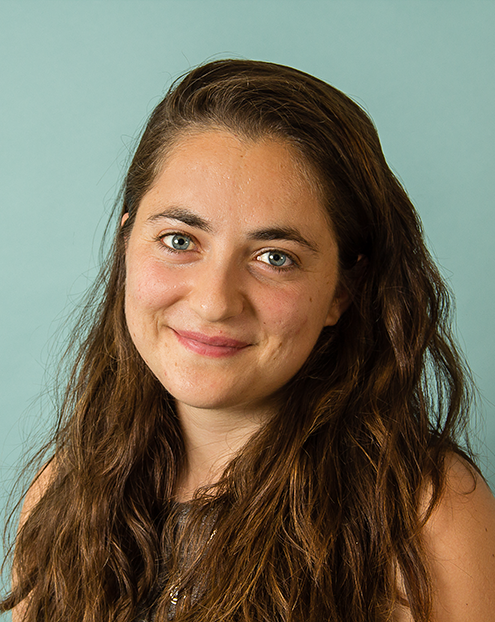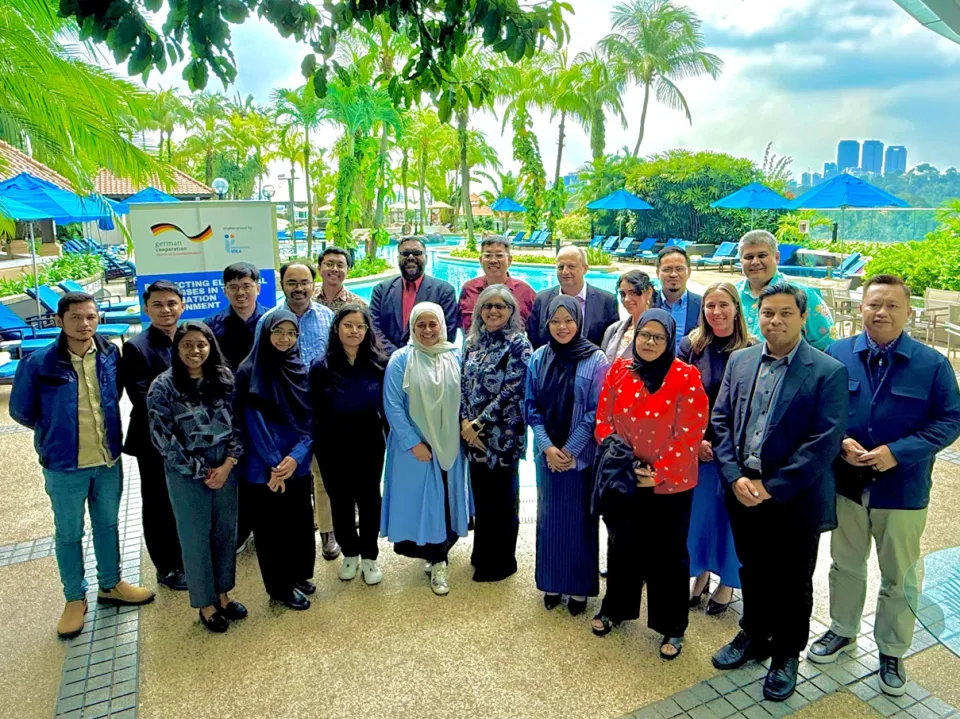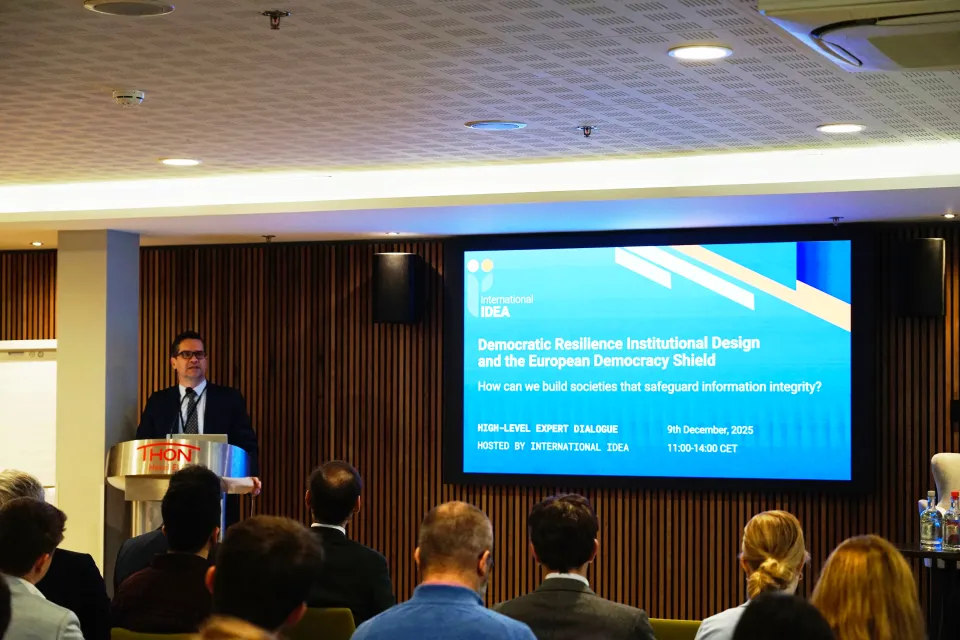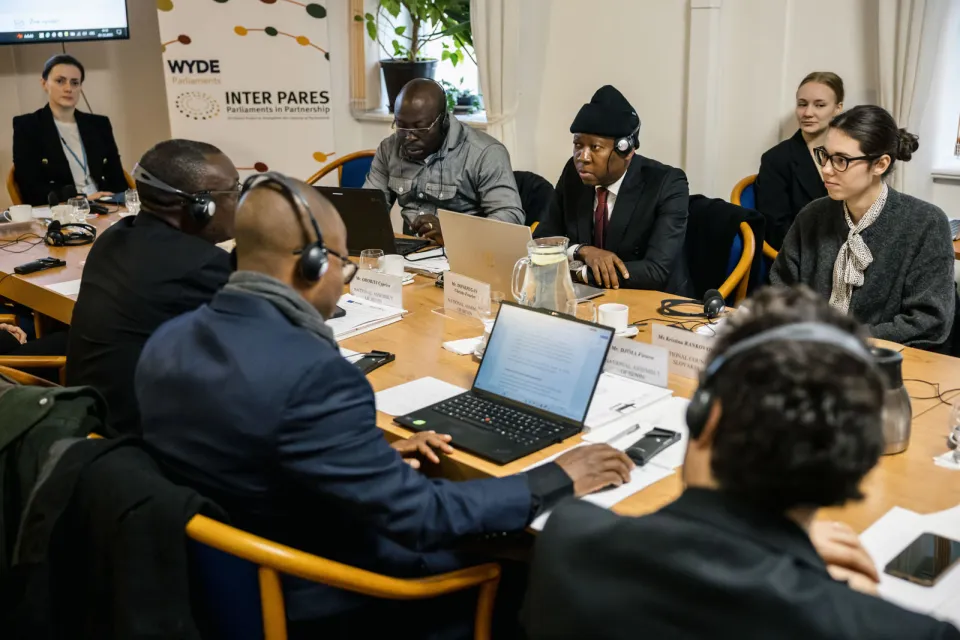The importance of the political participation of refugees
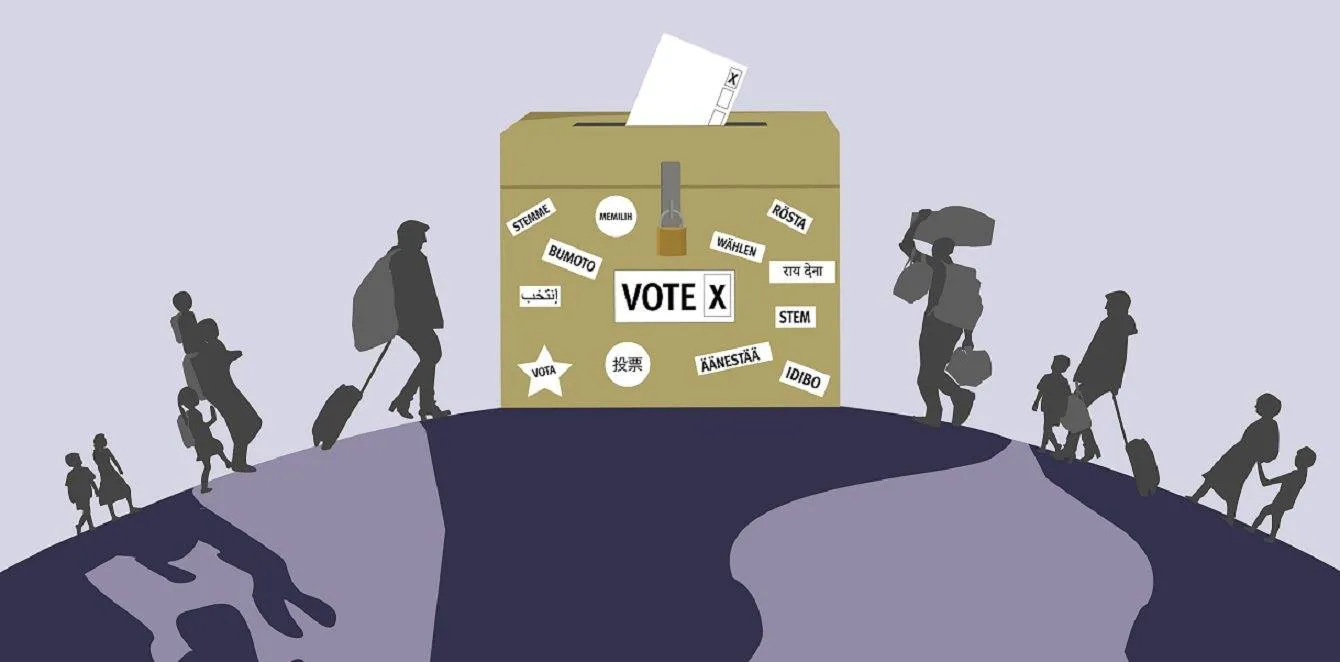
When we think about refugees, we rarely think about them as political actors. However, refugees may in fact have a dual political role, as they can participate in the political life of both their host and their home countries.
According to a recent UNHCR estimate, the global refugee population reached 25.4 million people in 2017, and Sweden is among the top host countries for refugees in Europe, with more than 240,000 refugees. As Sweden prepares for general elections later this year, the issues of migration management and effective integration of refugees have become increasingly important.
In this regard, International IDEA launched a report earlier this year on the political participation of refugees in host and origin countries, which was funded by the Robert Bosch Stiftung. The report is based on case studies from Sweden, Germany, Lebanon, Kenya, South Africa, Turkey, Uganda, and the United Kingdom. Among other issues, the report highlights the need for a wider debate on the political engagement of refugees in their host and origin countries as a way to ensure greater social inclusion and strengthen democratic norms. Notably, the report gives a broader definition of political participation, beyond elections, looking at various other means that make refugees political actors, such as participation in civil society, protests, grassroots initiatives and online political activism.
The report was discussed in an event held on 31 May at International IDEA’s Headquarters in Stockholm. Among others, the event heard from Tarig Adan, lead researcher of the case study on political participation of Syrian and Somali refugees in Sweden. Adan first arrived in Sweden as a refugee from Somalia, and has since founded the Hab Association for Immigrants, a network focused on supporting vulnerable immigrants such as women and children.
Refugees who live in Sweden for a minimum of three continuous years gain the right to vote in local and provincial elections. However, through a series of interviews and focus group discussions with Syrian and Somali refugees based in Stockholm and Malmö, Adan found a low level of political engagement.
“One of the challenges [for political participation of refugees] is lack of awareness and information-sharing. Refugees don’t receive proper cultural and political orientation or training courses, and this has caused them not to participate in the political and decision-making processes.”
Adan also discussed the lasting effects of the conflict and the political situation in the home countries of refugees, mentioning the cases of refugees from Syria and Somalia who fear for the lives of their relatives who remain behind. “You see the connection between what’s happening back home and what is happening [in Sweden]”. However, Adan ended on a positive note. “Refugees have the skills and capacity to do better things in their host countries”, underlining the positive role that refugees can play.
